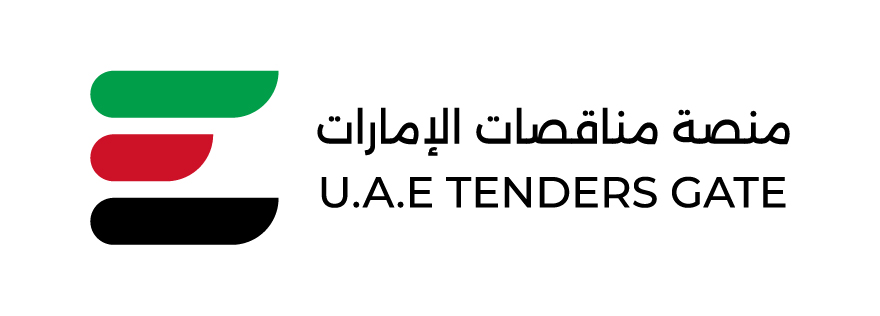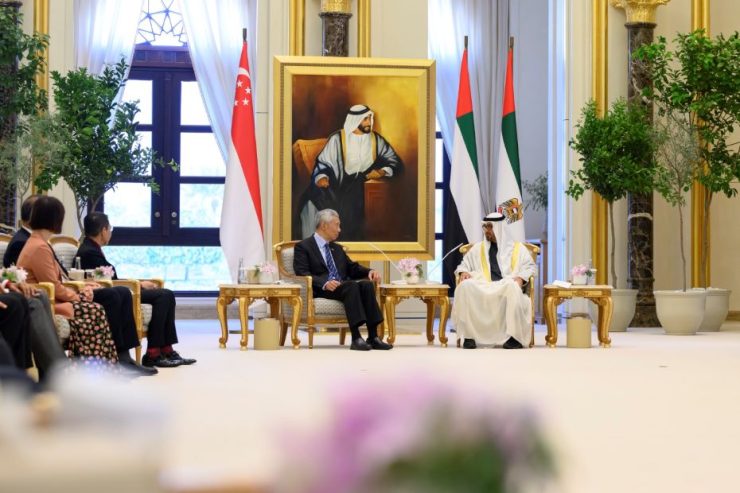UAE President Sheikh Mohamed bin Zayed Al Nahyan and Lee Hsien Loong, Prime Minister (PM) of the Republic of Singapore, discussed the deep-rooted relations and comprehensive partnership between the two countries , and explored avenues for its development to serve mutual interests, reported the state news agency, WAM.
The leaders also talked about regional and international issues and developments of shared concern.
The meeting took place during the reception of the Singaporean PM at Qasr Al Watan in Abu Dhabi, where the Prime Minister conveyed the greetings of Tharman Shanmugaratnam, President of Singapore, and his wishes for the continued progress and prosperity of the UAE.
Both leaders reviewed cooperation and opportunities to develop relations, especially in the fields of economy, investment, education, and tourism, along with advanced technology, digital commerce, renewable energy, sustainability solutions, food security, and climate action, WAM reported.
The discussion also touched upon the upcoming UN Climate Change Conference (COP28) and its importance in generating sustainable solutions that signify a substantial shift in global climate action for the collective benefit of all people.
The two leaders discussed the need to promote the values of tolerance, coexistence, and dialogue, given their close link with regional and international peace and stability.
President Sheikh Mohamed highlighted the strong relations between the UAE and Singapore, pointing out that the UAE has a keen interest in Singapore’s developmental experience, which stands as a distinguished model of progress.
The UAE’s President also highlighted the nation’s keenness to grow relations with Singapore in vital sectors that promote development such as technology, energy, education, sustainability, trade, and investment, among others, noting that the UAE is Singapore’s top trading partner in the Middle East and North Africa.
MoUs signed between UAE and Singapore
President Sheikh Mohamed bin Zayed Al Nahyan and PM Lee Hsien Loong witnessed the exchange of memoranda of understanding and agreements to increase cooperation in education, environmental protection, climate action, green economy, carbon reduction solutions, artificial intelligence, digital governance, and smart cities, in addition to Halal certification, WAM reported.





